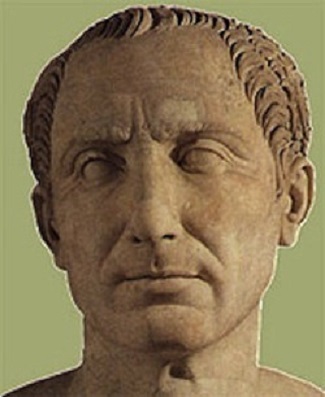Sosigenes of Alexandria
Sosigenes of Alexandria, (flourished 1st century bce) Greek astronomer and mathematician, probably from Alexandria, employed by Julius Caesar to devise the Julian calendar. He is sometimes confused with Sosigenes the Peripatetic (fl. 2nd century ce), the tutor of the Greek philosopher Alexander of Aphrodisias.
Toward the end of the Roman civil war (49–45 bce), Caesar set out to replace the multitude of inaccurate and diverse calendars of the Roman commonwealth with a single official calendar. At the suggestion of Sosigenes, he adopted a modification of the 365-day Egyptian solar calendar but with an extra day every fourth year (leap year).
(The idea was an old one, as a similar leap-day scheme had been tried in Egypt in the 3rd century bce by Ptolemy III Euergetes, but his subjects had refused to follow it.) Ninety days were added to 46 bce to place the vernal equinox toward the end of March. (Previous Roman calendars had tried to keep the equinox around March 25, and it is possible that Julius Caesar was following that tradition.)
Through a misunderstanding of Sosigenes’ prescription, leap days were at first inserted every three years rather than every four—an error that was corrected during the reign of Augustus. (The error was a result of the Roman practice of inclusive counting. Thus, when counting every four years, the Romans used the current year as year one and not the next year.) Sosigenes may also have devised the astronomical calendar that Caesar published to accompany the reform. With minor modifications the Julian calendar is the same as the modern Gregorian calendar.
Sosigenes is said to have written three calendrical treatises, but these have been lost. The Roman scholar Pliny the Elder wrote that he agreed with the Babylonian astronomer Kidinnu that Mercury is never more than 22° from the Sun. Some historians have therefore surmised, on inadequate grounds, that Sosigenes taught that Mercury revolves around the Sun.
[1]













